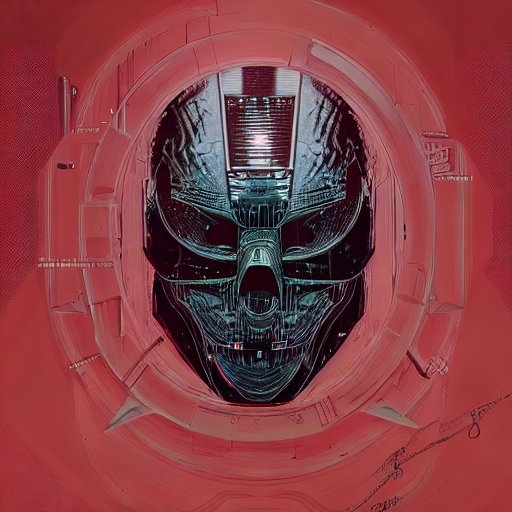A call for mindful development and responsible implementation of artificial intelligence

Introduction
Artificial intelligence (AI) is evolving at an incredible pace, transforming the world around us in remarkable ways. From self-driving cars to AI-powered healthcare, the benefits that AI technology brings to society are undeniable. However, as someone deeply invested in the development of AI, I feel compelled to discuss the potential dangers of this powerful technology.
As we race towards a future of superintelligent machines, it is crucial that we recognize and address the risks associated with AI. By doing so, we can ensure that humanity thrives alongside AI, rather than being left behind in its wake.
The Loss of Jobs and Economic Disruption
One of the most immediate threats posed by AI is the potential for mass job displacement. As machines become more capable, they will inevitably replace many roles traditionally performed by humans, leading to widespread unemployment. This economic disruption can cause severe social unrest, with people struggling to adapt to the new reality.
To mitigate these negative consequences, we must focus on reskilling workers and creating new opportunities for them. A shift towards lifelong learning and job adaptability is essential in a world where AI constantly reshapes the employment landscape.
The Risk of Autonomous Weapons
The development of autonomous weapons systems, or killer robots, is another grave concern. These machines can locate, target, and eliminate human targets without direct human intervention, and their use in warfare raises critical ethical and moral questions.
If we fail to establish proper international regulations to govern the use of these weapons, we risk opening Pandora’s box, with devastating consequences for humanity. It is vital that the international community come together to prevent an arms race in AI-powered weaponry, and agree on clear rules for their use.
Privacy and Surveillance Concerns
As AI becomes more adept at analyzing data, there is an increased risk of invasion of privacy and surveillance. The widespread use of AI-powered facial recognition and tracking technologies poses a significant threat to personal privacy and civil liberties.
We must establish strict regulations and guidelines to balance the benefits of AI with the preservation of individual rights. Governments, private companies, and citizens need to collaborate in order to develop appropriate safeguards for data privacy.
The Concentration of Power
AI development is often dominated by a few large tech companies, leading to a concentration of power and influence. This dominance can create a lack of diversity in AI development and limit the perspectives considered when addressing the ethical implications of AI.
We need a more decentralized approach, with governments, academia, and smaller businesses actively participating in the development and implementation of AI. This will encourage a more balanced and ethical use of artificial intelligence.
Biased Algorithms and Discrimination
AI systems learn from the data they are fed, and as such, can unwittingly perpetuate existing biases and discrimination present in that data. This can lead to AI-powered tools that unfairly target or marginalize certain groups in society.
To address this issue, we need greater transparency in AI development and better-designed algorithms. Ensuring diversity in AI development teams will also help to reduce the chances of bias creeping into AI systems.
Conclusion
AI has the potential to revolutionize our world, but we must remain aware of its inherent risks. By actively addressing these dangers, investing in reskilling our workforce, and working together to establish global regulations, we can navigate the treacherous path towards a future where AI serves humanity, rather than the other way around.
We have a collective responsibility to shape the future of AI and ensure that it benefits all of humanity. By fostering an open and inclusive conversation about the potential dangers of AI, we can work together to build a brighter and more equitable future for all.
